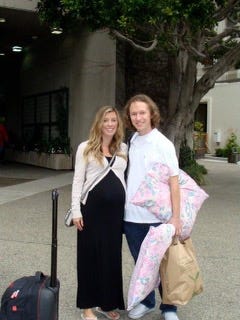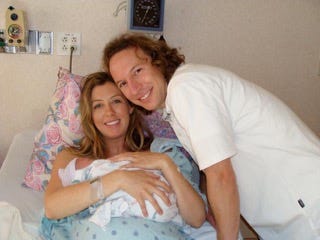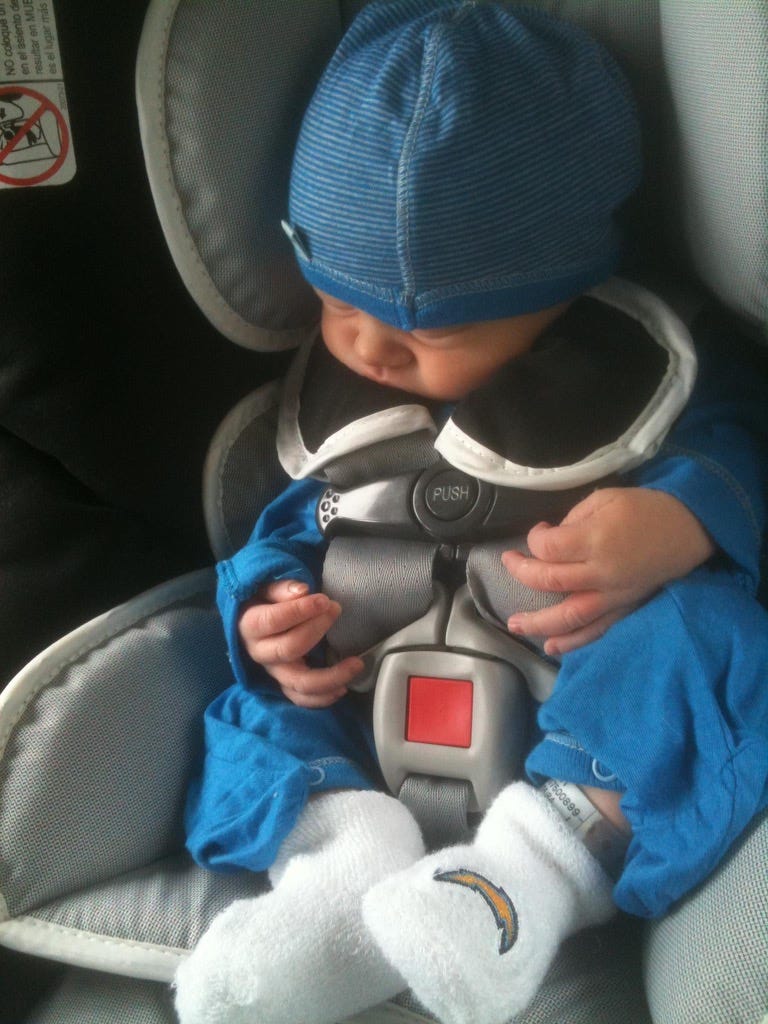Motherhood Matters: Bridging Postpartum Gaps for a Healthier Society
Society's Call for Comprehensive Postpartum Care
We, as a society, need to recognise that women’s health issues are human health issues. When postpartum problems go unaddressed, the consequences affect our children, our partners, our colleagues and our communities, even decades down the line. - Sarah Reardon, Rethinking Postpartum Care
The Unforeseen Reality of Postpartum: Navigating Motherhood Without Support
DURING MY FIRST PREGNANCY, I became obsessed with the idea of having a pain-free, natural birth and devoted every second and iota of energy during my second and third trimesters preparing for the best birth possible that fitted into my ideal of entry into parenthood as a “good” mother. I dragged my husband somewhat begrudgingly along to a 12 week course where we spent our evenings learning how to wait as long as possible once in labor to head into the hospital, to “fight the system” who would undoubtedly try to force us into a caesarean at every twist and turn of labor, and to consume only positive birth stories about orgasmic (yes, that’s a thing), natural births where birth was not painful as we have heard, but instead euphoric.
I spent hours scouring the internet for the hospital with the lowest cesearan rate within a one hour geographical radius from our house and then an Obstetrician that worked at that hospital who had shining, five-star reviews on Google for his support of natural births. I was diligent in my prenatal yoga practice in the hopes of calming my mind and prepping my body for labor. And yes, I thought about breastfeeding (I’ll do it! I had decided enthusiastically envisioning my baby doing the breast crawl after birth and latching on with instinctive know-how - I was going to leave it up to him), but that was the extent of thought I gave to the postpartum period. And yet there I was, enrolled in a comprehensive and demanding (we had homework!) prenatal course and I was certain that I had thought about and planned to the minutest of details my transition into motherhood, which in my mind was popping my prenatal vitamins like candy, breathing through labor and an epidural-free birth.
In the end, my baby was breech and resulted in a planned cesearan at 38 weeks - none of which I had planned for, let alone the recovery required from a cesearan because remember, I wasn't having one of those.
I recall being wheeled out of the hospital in complete bewilderment and perhaps a little shock that I was now in charge of this tiny human life. It felt as though they poured me out of the wheelchair and onto the pavement before putting their hand up in a salute of good luck before turning their backs and receding back into the hospital. I stared longingly at those automatic glass doors as they seemed to close in slow motion, with the line of blue nurses’ uniforms fading into the bright lights, signalling the end of support for my life as a new mother.
I guess we’re on our own now, I thought as I looked down at my three day old newborn nestled snugly in his capsule car seat that I wasn’t meant to lift due to my uterus still recovering from being sliced open (although how I was meant to get around with baby and husband back at work within two weeks, I wasn’t quite sure). It was here that I began to wonder if perhaps I had spent my pregnancy planning and preparing for the wrong event.
I waited for my husband to pull the car around so we could take our first journey as new parents and then I gingerly attempted to pick up the car seat and baby on my own to heft it into the car - welcome to motherhood.
At home, I had a million questions about my physical recovery and no one to answer any of them. Could I pick this up? Was it too soon to walk this far around the neighborhood? Is it normal for my incision to hurt like this?
And the questions didn’t stop there - I worried about my baby and if I was doing everything right. Is he getting enough milk? Is he getting enough sleep? Why does he cry every night at 5 pm on the dot and not stop for two hours? Is this poop color normal? Is the swaddle too tight or just tight enough? Why (oh why) does he scream every time we put him into the $1000 dollar stroller that he was supposed to love?
In this sea of unanswered questions, I found myself navigating the early days of motherhood alone. With my obstetrician's assurance that I would be fine until my postpartum visit at week 6, I believed it was my duty as a mother to grin and bear it, to carry on without seeking support. I didn't realize that reaching out for help was an option, or even who to reach out to. If the medical professionals deemed me okay until week 6, then I assumed this was how it was meant to be. I accepted this as the expected transition into motherhood, as if it were a test I had to endure. Be a "good" mother and you’ll getting the all clear to resume sex and exercise.
It wasn't until I moved to New Zealand that I discovered a different way, where postpartum support is an integral part of the journey, rather than a rare exception. Professional support after birth is the norm in New Zealand, and I’d soon discover a lot of other countries as well. I finally realized what had been missing all along.
The Power of Postpartum Support: Nurturing Mothers for Lifelong Health and Happiness
Studies show that support after birth can make us healthier and happier which benefits us not only in the interim, but for the rest of our lives, and our children’s lives. “The way that you care for yourself in those 40 days postpartum and early weeks, months and years after birth can affect you long-term,” says Kate Harrison, a naturopath and Ayurvedic postpartum doula based in Australia (Learn how to create your own 40 days of rest and recovery here).
Keep reading with a 7-day free trial
Subscribe to Atlas of Motherhood: An Atlas of Global Maternal Care to keep reading this post and get 7 days of free access to the full post archives.







